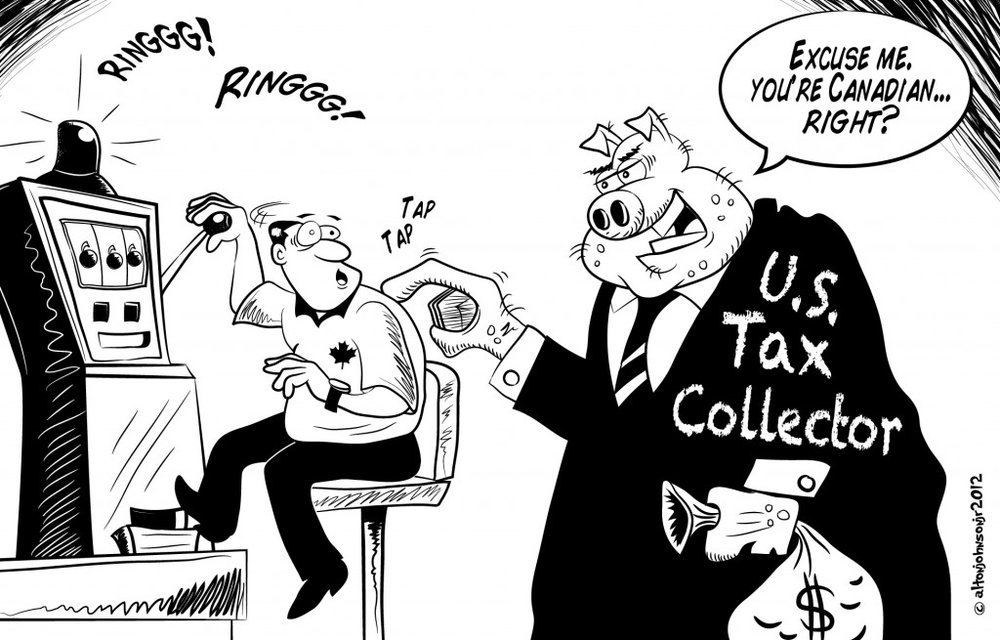- Federal Tax Deduction On Gambling Winnings
- Tax Rate On Gambling Winnings
- Do You Pay Federal Tax On Gambling Winnings
- Federal Tax Laws On Gambling Winnings
- Federal Income Tax On Gambling Winnings
Gambling losses are indeed tax deductible, but only to the extent of your winnings. This requires you to report all the money you win as taxable income on your return. However, the deduction for your losses is only available if you itemize your deductions. For this purpose, the definition of gambling losses has been broadened to include other expenses incurred in gambling activities, such as travel back and forth from a casino or track. Let’s recap the basic rules. For starters, you can only deduct losses up to the amount of your winnings, so any excess loss can’t offset other highly taxed.
Winning the Lottery or scoring on a sports wager can change your life in profound ways. Congratulations on your lucky break!
Just remember that your good fortune includes a responsibility to pay taxes and fees on those winnings.
Gambling Winnings:
In 2018, Governor Phil Murphy signed a law that authorized legal sports betting in New Jersey. The law (A4111) allows people, age 21 and over, to place sports bets over the internet or in person at New Jersey's casinos, racetracks, and former racetracks. Sports betting is now among the many forms of gambling winnings that are subject to the New Jersey Gross Income Tax, including legalized gambling (sports betting, casino, racetrack, etc.) and illegal gambling.
Lottery:
New Jersey Lottery winnings from prize amounts exceeding $10,000 became subject to the Gross Income Tax in January 2009.
Withholding Rate from Gambling Winnings
New Jersey Income Tax is withheld at an amount equal to three percent (3%) of the payout for both New Jersey residents and nonresidents (N.J.S.A. 54A:5.1(g)).


Withholding Rate from Lottery Winnings
The rate is determined by the amount of the payout. If a prize is taxable (i.e., over $10,000), the entire amount of the payout is subject to withholding, not just the amount in excess of $10,000. The withholding rates for gambling winnings paid by the New Jersey Lottery are as follows:
- 5% for Lottery payouts between $10,001 and $500,000;
- 8% for Lottery payouts over $500,000; and
- 8% for Lottery payouts over $10,000, if the claimant does not provide a valid Taxpayer Identification Number.

Companies that obtain the right to Lottery payments from the winner and receive Lottery payments are also subject to New Jersey withholdings. Each company is required to file for a refund of the tax withheld, if applicable.
Lottery
New Jersey Lottery winnings from prize amounts exceeding $10,000 are taxable. The individual prize amount is the determining factor of taxability, not the total amount of Lottery winnings during the year.
Federal Tax Deduction On Gambling Winnings
- For example, if a person won the New Jersey Lottery twice in the same year, and the winning prize amounts were $5,000 and $6,000, these winnings would not be subject to New Jersey Gross Income Tax. However, if that person won the Lottery once and received a prize of $11,000, the winnings would be taxable.
- This standard for taxability applies to both residents and nonresidents.
- The New Jersey Lottery permits donating, splitting, and assigning Lottery proceeds to someone else or to a charity. If you choose to donate, split, or assign your Lottery winnings, in whole or in part, the value is taxable to the recipient in the same way as it is for federal income tax purposes.
Gambling and Lottery
Tax Rate On Gambling Winnings
Making Estimated Payments
If you will not have enough withholdings to cover your New Jersey Income Tax liability, you must make estimated payments to avoid interest and penalties. For more information on estimated payments, see GIT-8, Estimating Income Taxes.
Out-of-State Sales:
Out-of-state lottery winnings are taxable for New Jersey Gross Income Tax purposes regardless of the amount.
Do You Pay Federal Tax On Gambling Winnings
Gambling winnings from a New Jersey location are taxable to nonresidents. Gambling includes the activities of sports betting and placing bets at casinos and racetracks.
Federal Tax Laws On Gambling Winnings
Calculating Taxable Income
You may use your gambling losses to offset gambling winnings from the same year as long as they do not exceed your total winnings. If your losses were greater than your winnings, you cannot report the negative figure on your New Jersey tax return. You must claim zero income for net gambling winnings. For more information, see TB-20(R), Gambling Winnings or Losses.
You may be required to substantiate gambling losses used to offset winnings reported on your New Jersey tax return. Evidence of losses can include your losing tickets, a daily log or journal of wins and losses, canceled checks, notes, etc. You are not required to provide a detailed rider of gambling winnings and losses with your New Jersey tax return. However, if you report gambling winnings (net of losses) on your New Jersey return, you must attach a supporting statement indicating your total winnings and losses.
Reporting Taxable Winnings
Include taxable New Jersey Lottery and gambling winnings in the category of “net gambling winnings” on your New Jersey Gross Income Tax return.
Comments are closed.